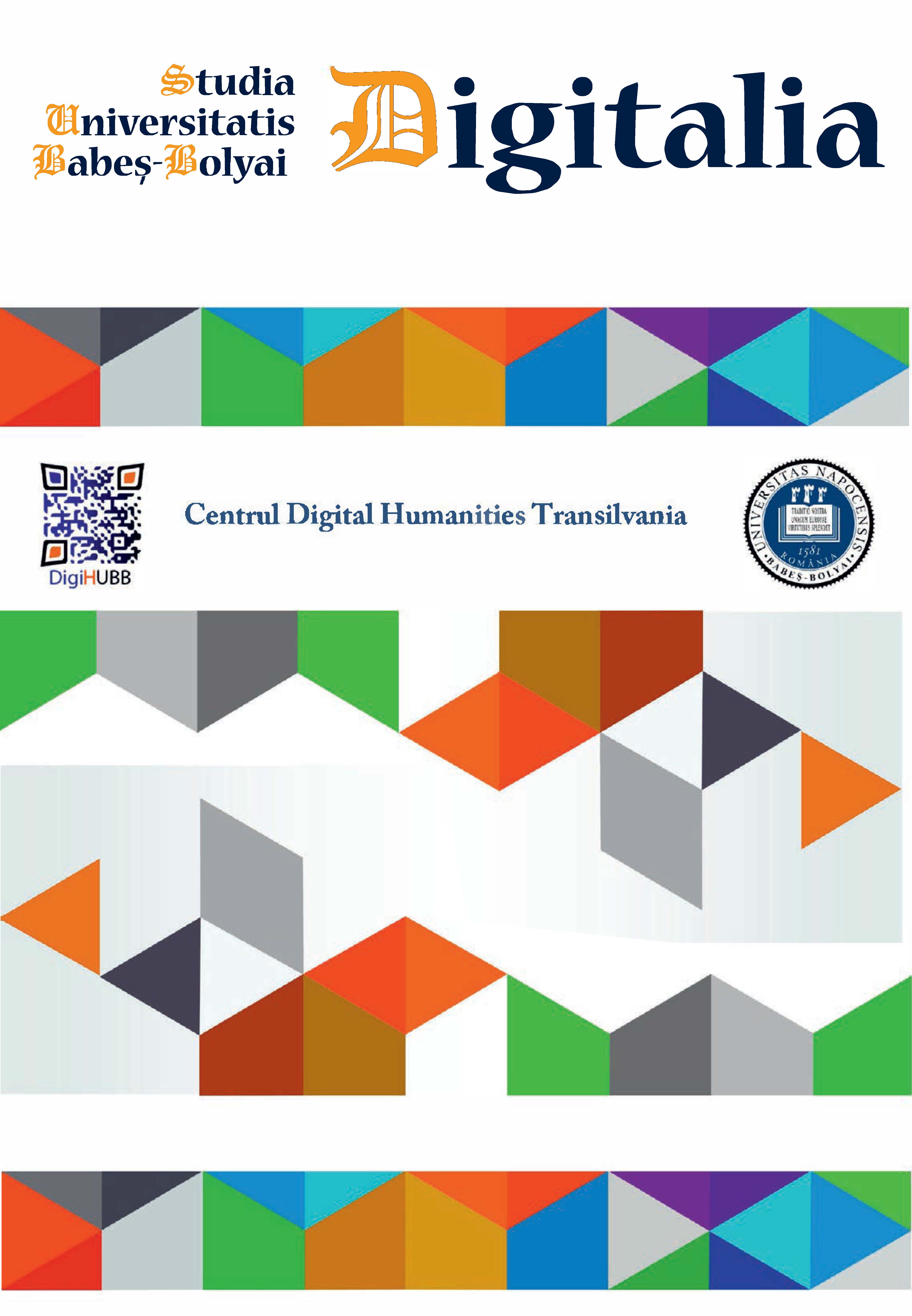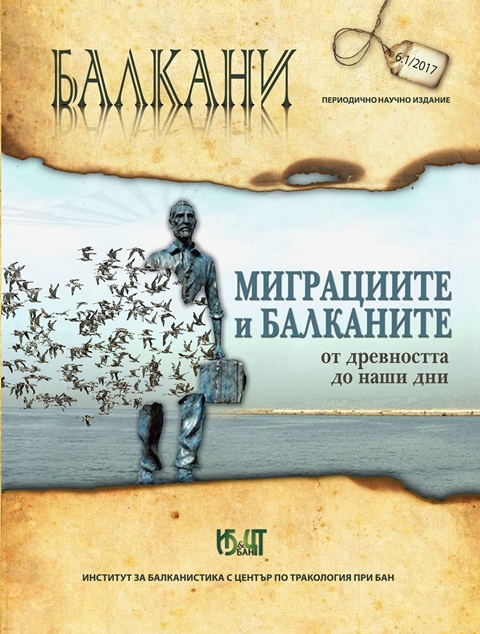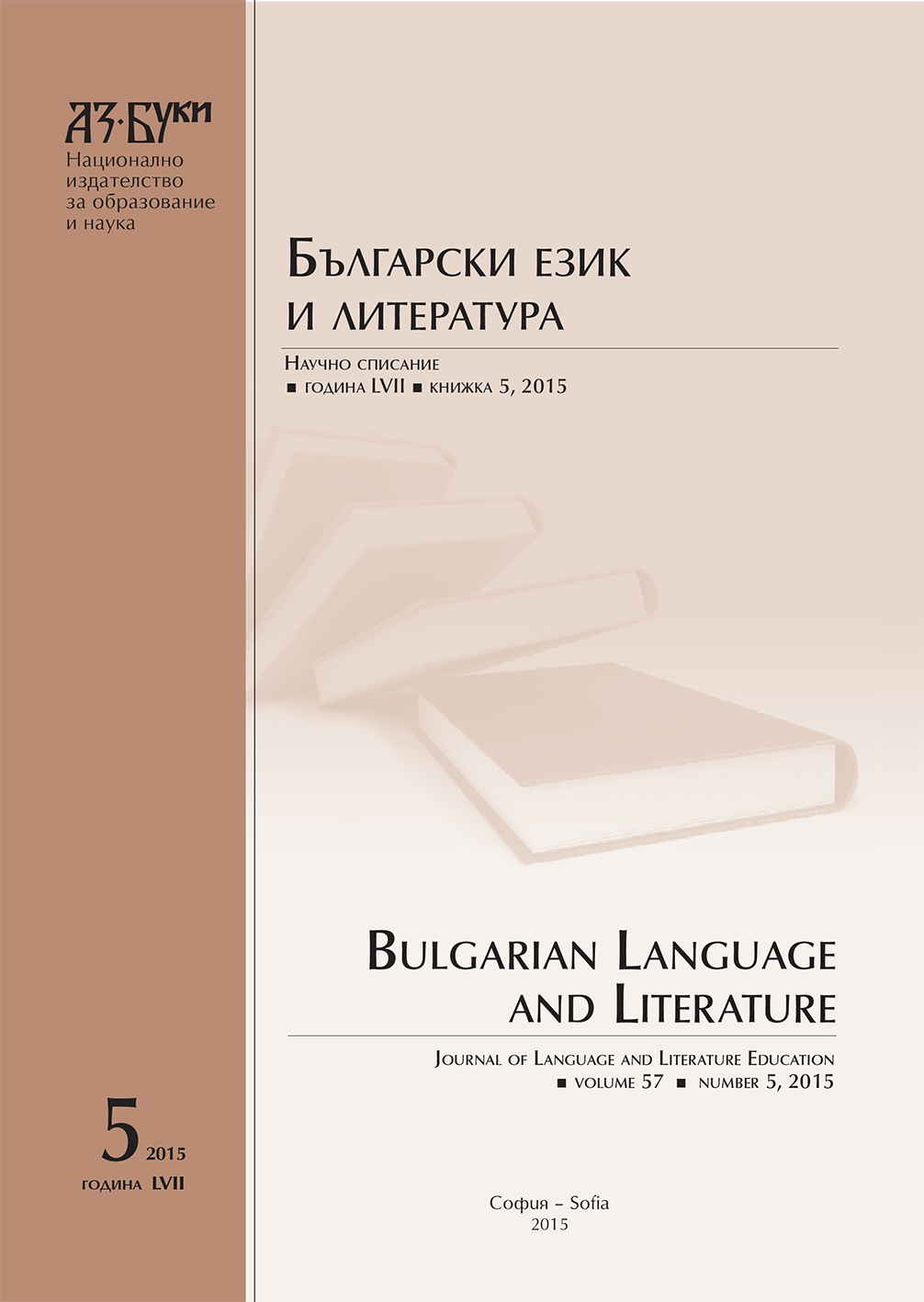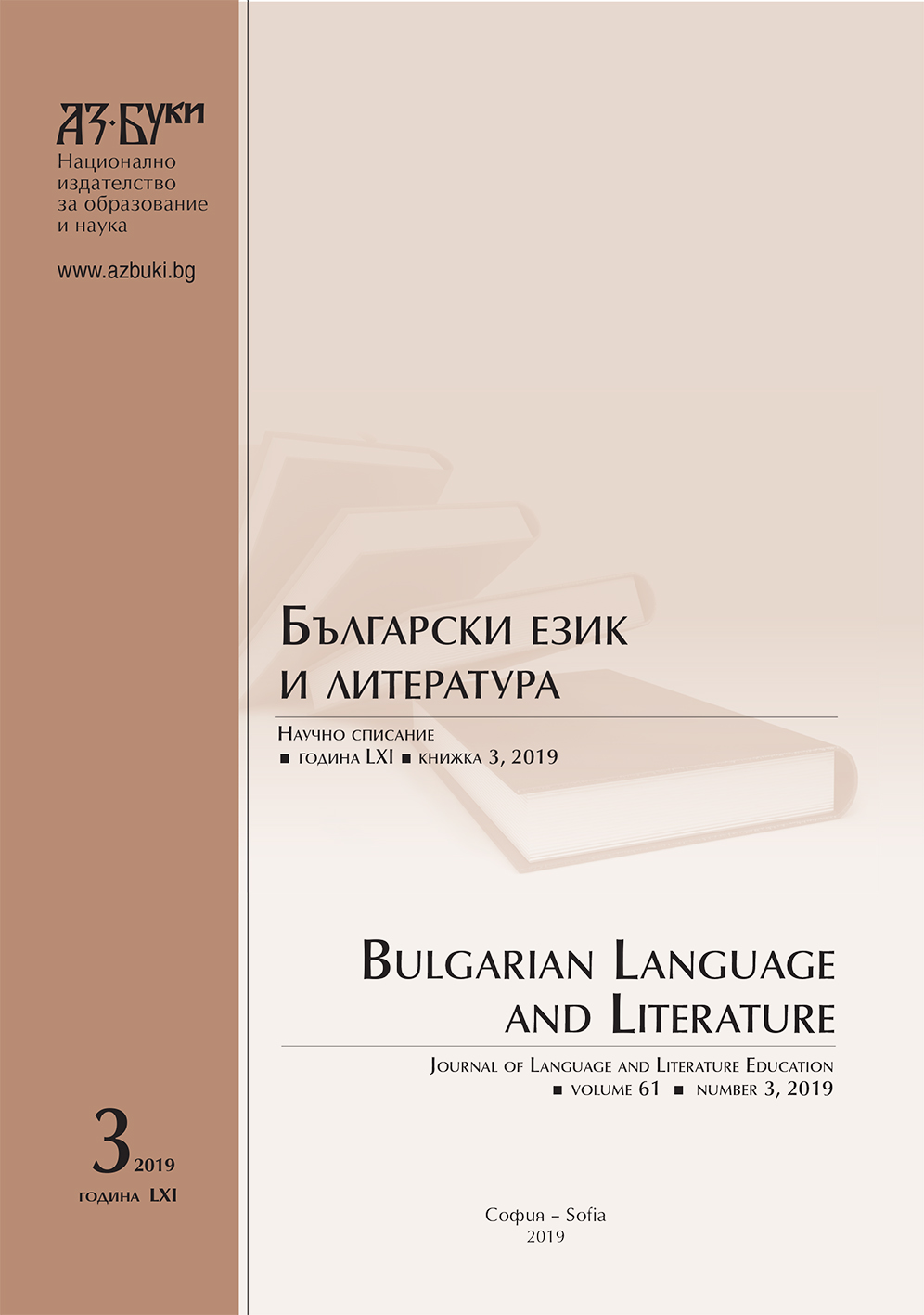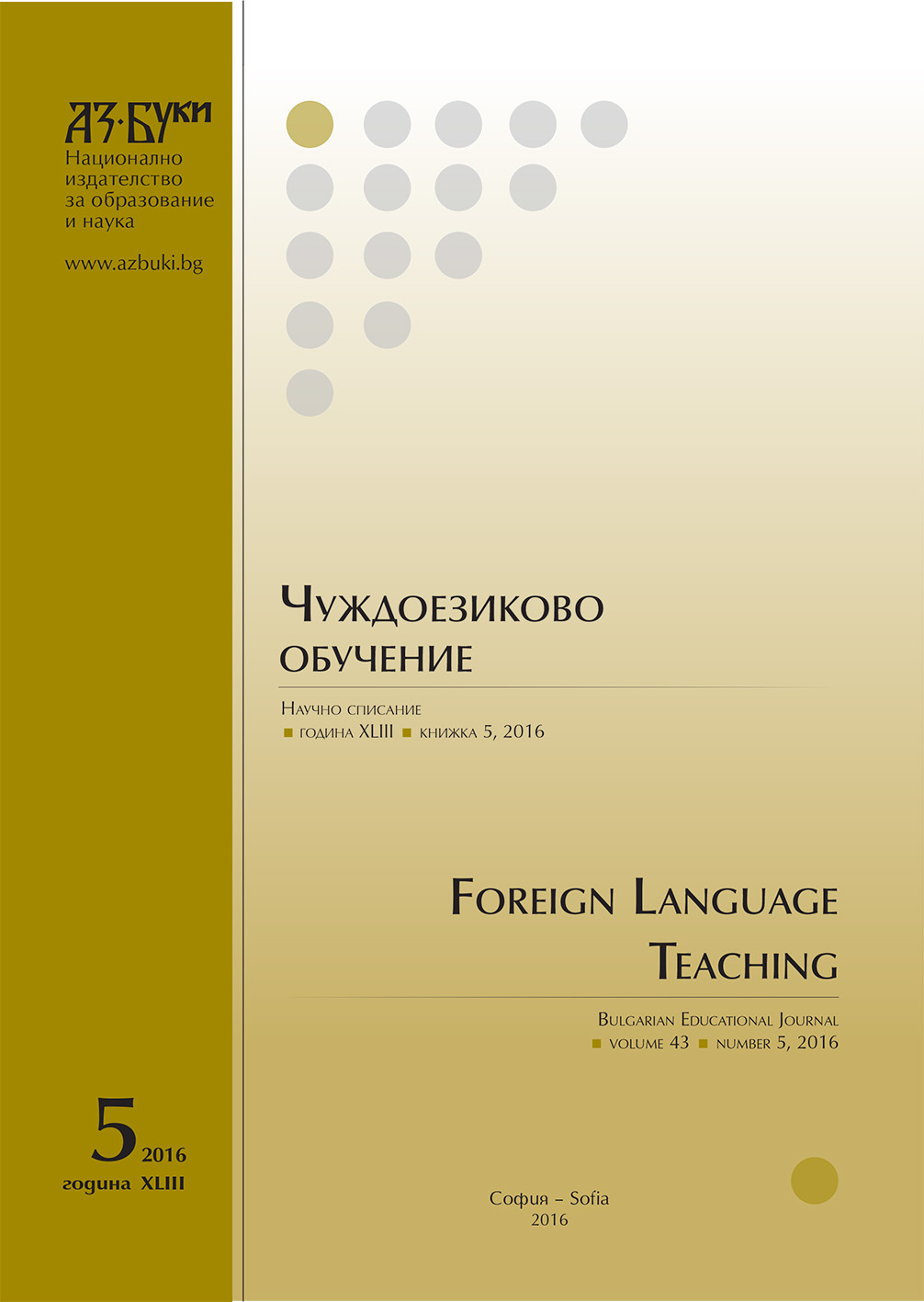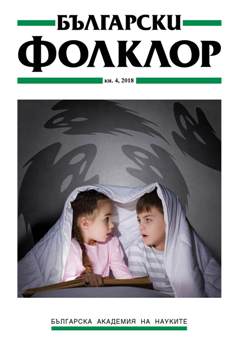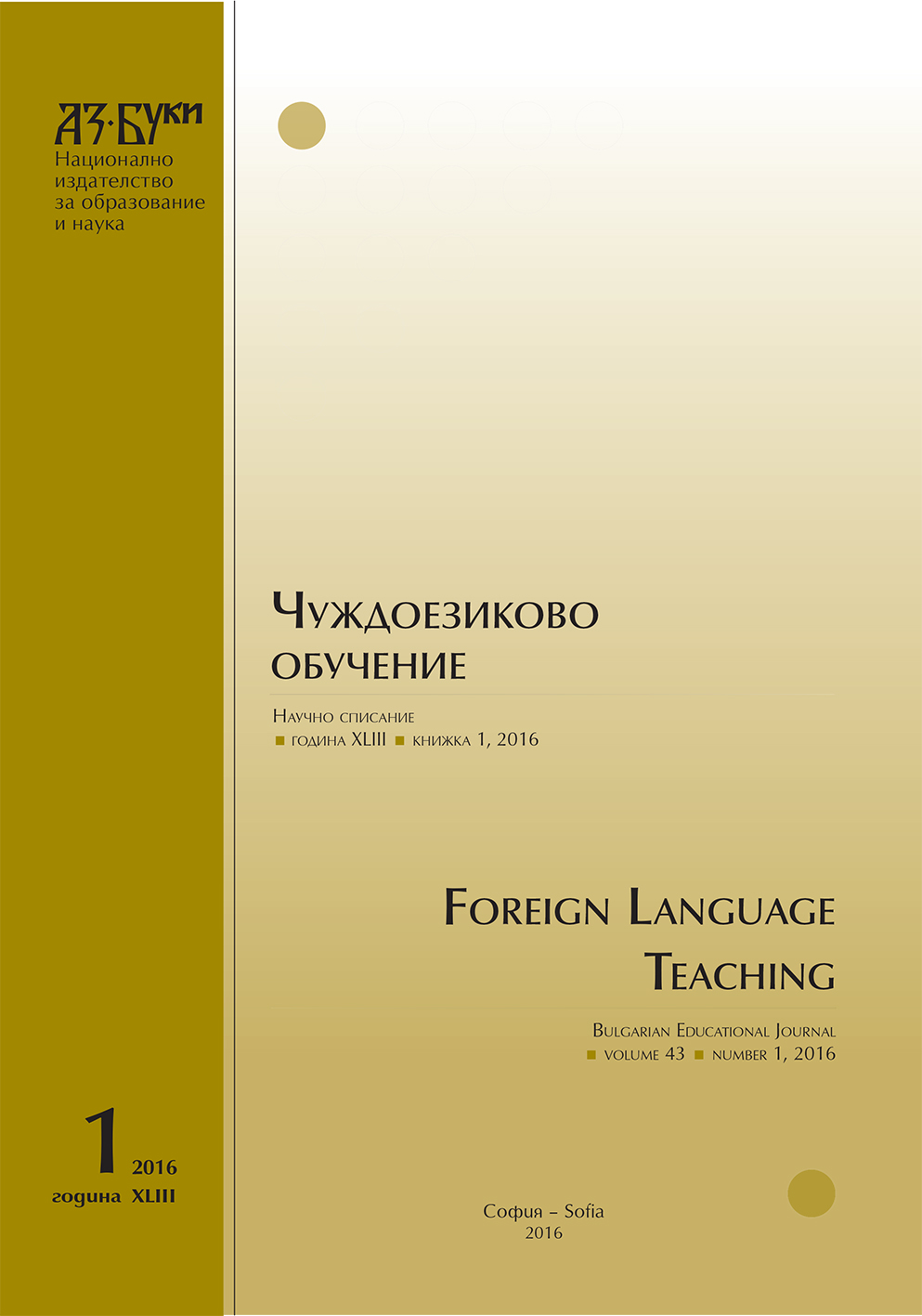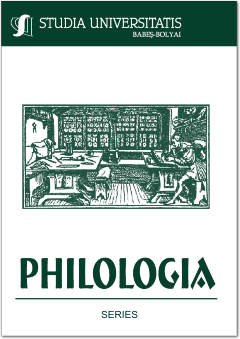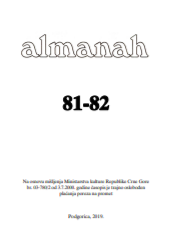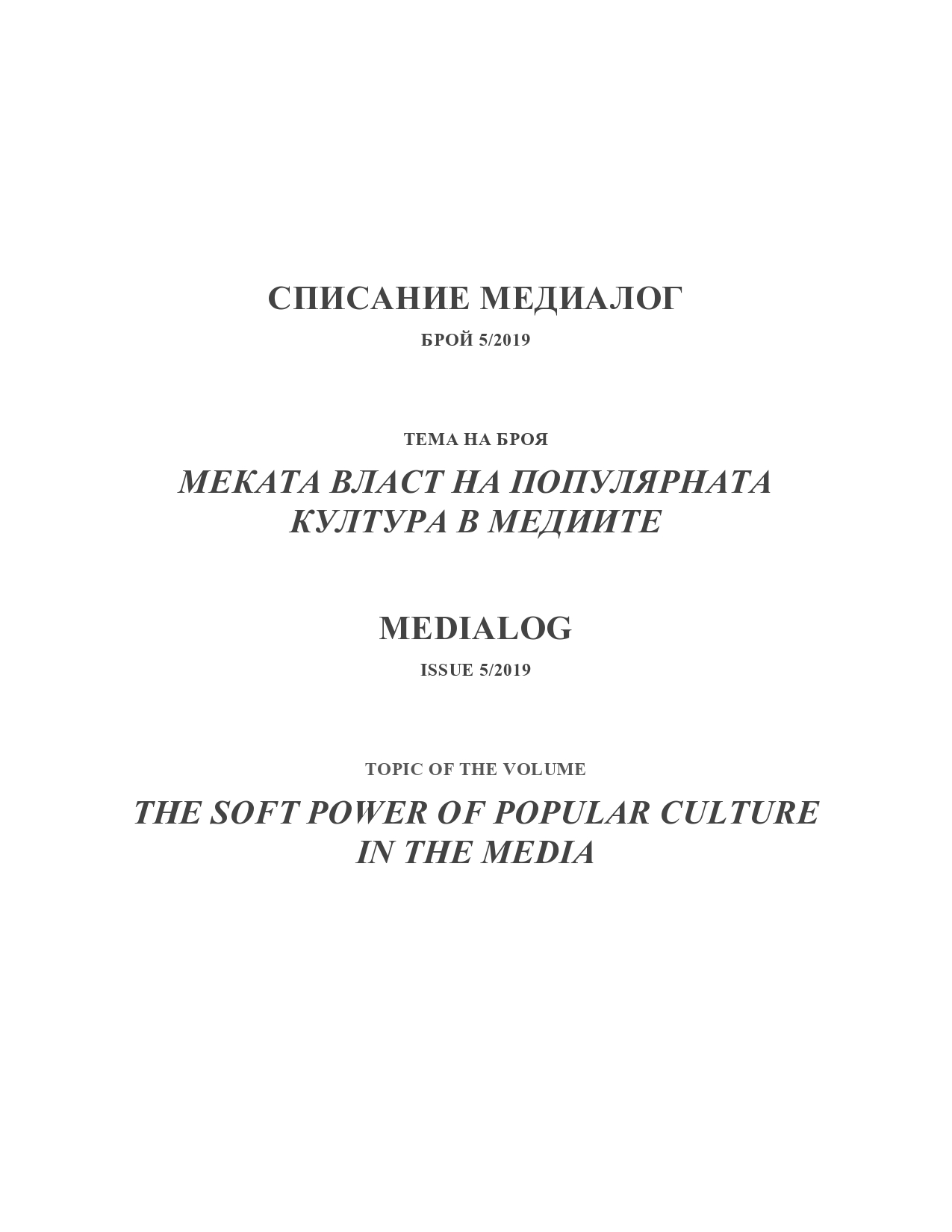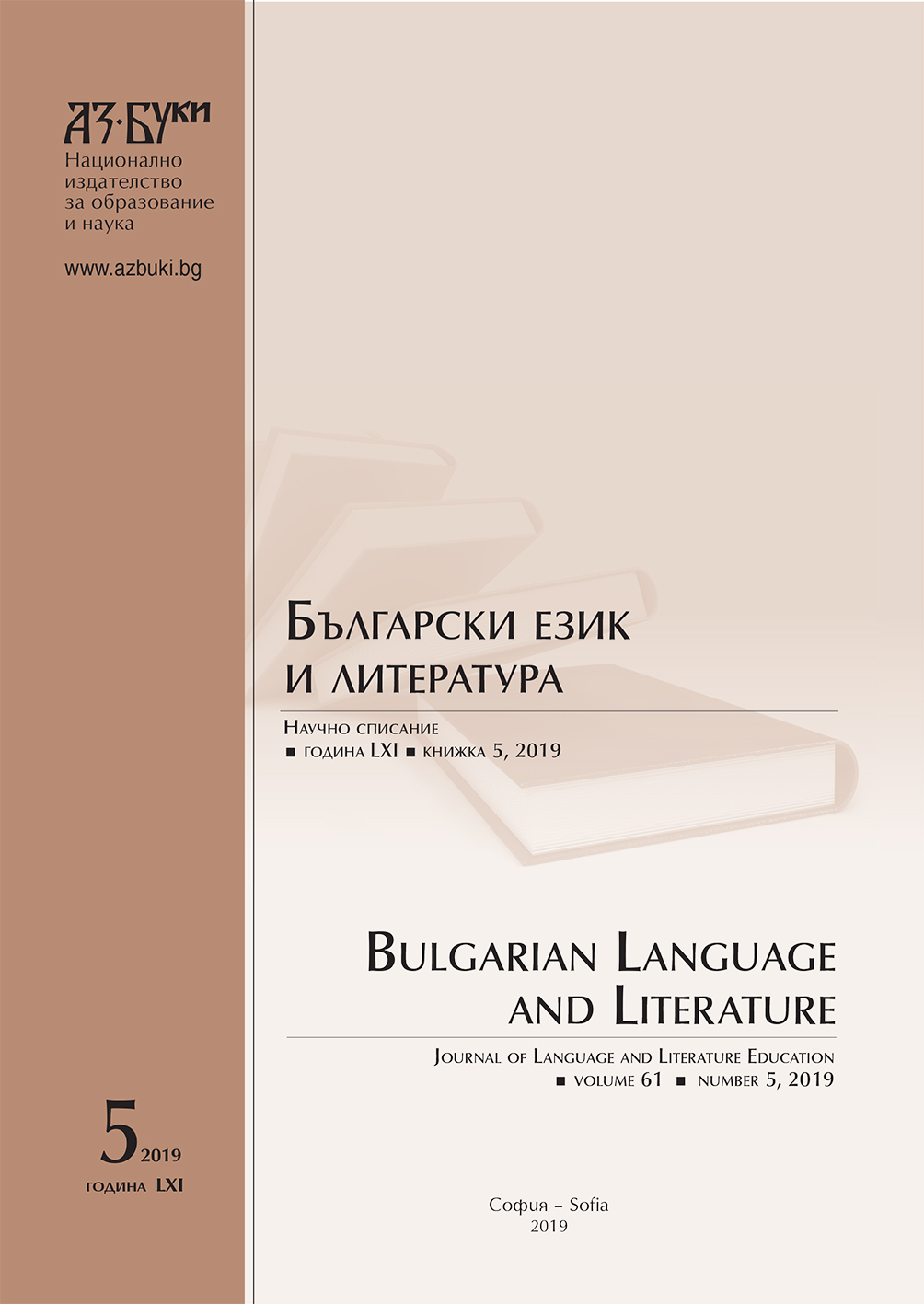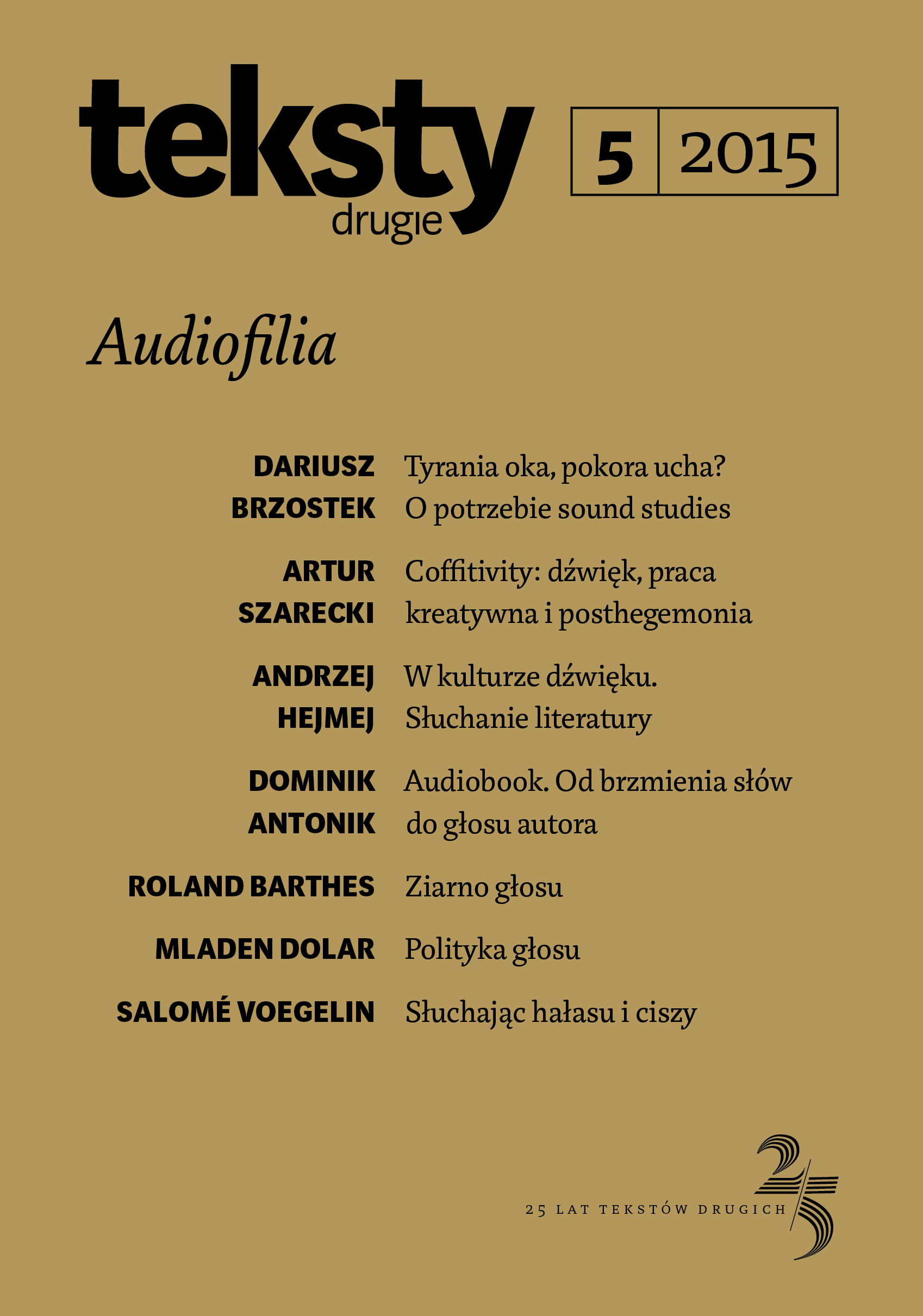
Między mimikrą a rebelią. Pejzaż (post)kolonialny regionalnej literatury
Mikołajczak looks at postwar regional Polish literature – especially the literature that originates in the so-called recovered territories – from a postcolonial perspective. Her point of departure consists of two related assumptions: first, that the relationship between regional works and the historically variable political and cultural centre plays a key role in the mechanisms of these works’ creation; and second, that the development of these works is steered by a tension between regionalism’s tendency towards the universal on the one hand and its tendency towards differentiation on the other hand. These opposing tendencies also inform the positions of ‘mimicry’ and ‘rebellion’ that recur in different stages of the development of regional literature, representing a compensation for the weakness that results from the conditioning of centre and periphery.
More...
